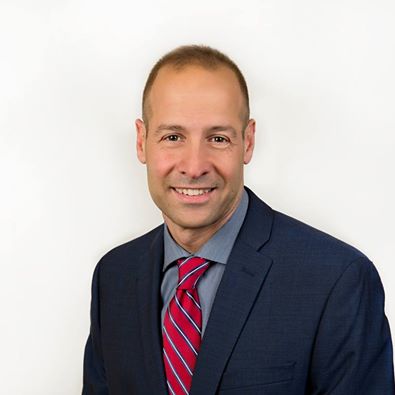
By Dennis D. Rooney
The Palm Beach Chamber Music Festival’s third concert of its current summer series, seen July 22 at the Crest Theatre in Delray Beach, was an “all-American” program. Works by three American composers, two of them living, and the American String Quartet (No. 12 in F, Op. 96) by Dvořák.
Music by Eric Ewazen (b. 1954) opened it. Mosaics, for flute, bassoon and marimba, dates from 1993 and is one of many works by the composer for different instrumental combinations, in this instance for three members of the Metropolitan Opera Orchestra. A member of the faculty of New York’s Juilliard School for almost four decades, Ewazen writes in a “listener-friendly” style that prizes euphony and playability.
Mosaics contrasts three dances (Barcarolle, Pavane and Tarantella) with a Fantasia and Fugue as its second movement. The flute and bassoon sonorities of founding members Karen Fuller and Michael Ellert, respectively, contrasted nicely with the cool timbres of the marimba, played by Scott Crawford.
The world premiere of a nonet by Andrew Lewinter (b. 1966) followed. The composer was principal horn of the Florida Philharmonic from 1988-2001, the Santa Fe Opera from 1994-1997, and an adjunct professor at the University of Miami from 1995-2001. He relocated to Eugene, Ore., where he currently practices law.
He writes that “music composition is an avocation for me, but one that I take very seriously and put a lot of thought into,” adding that he hopes to finish two more new works this year; sonatas for horn and tuba and piano. Commissioned by the PBCMF, the nonet has three movements, Allegro, Adagio and Passacaglia. Its thematic foundation is a descending two-note figure that appears in various guises throughout.
Consistently interesting voice leading and fluent handling of instrumental timbres, in addition to an enthusiastic embrace of absolute music, made the first hearing of the work engaging, despite occasional discursiveness. Save for some out of tune unisons and octaves, the performance was enterprising.
Music of Gian-Carlo Menotti (1911-2007) led off the program’s second half. Renowned for his operas (Amahl and the Night Visitors, The Consul, The Medium, The Saint of Bleecker Street, and others), his life partnership and creative collaboration with Samuel Barber, and his founding of the Spoleto Festivals, Menotti was demeaned during his life by the serialist hegemony because he persisted in writing melodically and tonally. He produced a relatively small quantity of instrumental music.
In 1987, Walter Verdehr, whose eponymous trio of violin, clarinet and piano has long been in residence at Michigan State University, wrote Menotti to request a trio. But it was not until May 1995 that the composer promised to deliver the music in time for the trio’s scheduled concert at New York’s Weill Recital Hall for the 50th anniversary of the United Nations. Delays plagued the work’s completion but Menotti wrote the final chord on the day of the 1996 premiere of the complete work.
The Capriccio has a strong suggestion of the opening of Shostakovich’s First Symphony. The succeeding Romanza has an elegiac character, while the finale (Envoi), after a contrapuntal beginning, is an Allegro with some of the sunny cheekiness of Prokofiev. Fine teamwork from Mei Mei Luo, violin; Michael Forte, clarinet; and Darren Matias, piano.
Dvořák composed his American Quartet in the summer of 1893, during a vacation in the Czech community of Spillville, Iowa. He worked quickly and completed it in a little more than two weeks. The first performance was in Spillville, by a quartet that included the composer, and the first “official” performances were by the Kneisel Quartet in January 1894 in Boston and New York.
Dvořák gave the quartet no subtitle, merely calling it “the second work composed in America.” When it was new, many sought to infer Native American or black melodic influences but as it enjoys its 125th anniversary, the only unmistakable voice is the composer’s. The pentatonic scale is much used, as in the opening viola solo of the first movement. The performers, Dina Kostic and Michelle Skinner, violins; René Reder, viola; and Claudio Jaffé, cello, produced a well-balanced, tonally cultivated sound that was well-suited to the acoustics of the Crest Theatre.